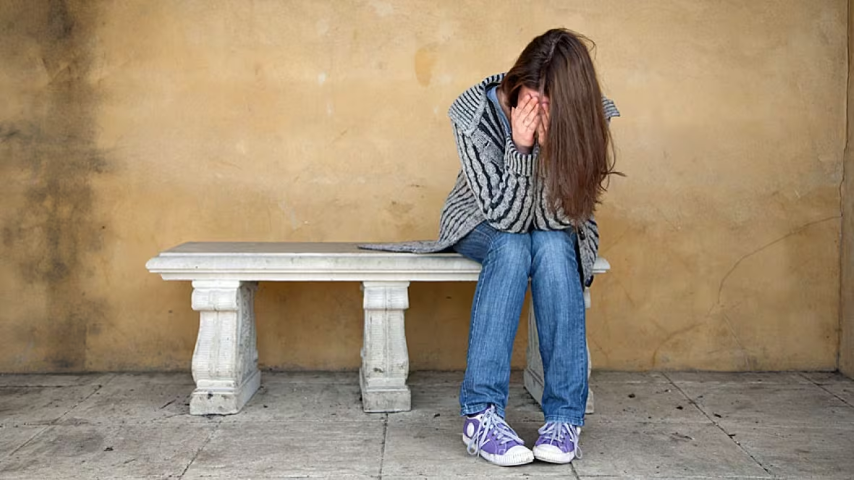
This week, the anticipated extension of MAID to individuals with mental illness was postponed by the federal government, citing unreadiness in the country's healthcare system. (Image credit: Paulius Brazauskas/Shutterstock)
In a recent development, Health Minister Mark Holland has introduced legislation postponing the expansion of Medical Assistance in Dying (MAID) to include Canadians suffering solely from mental illness. Originally set to broaden eligibility in March, the extension is now scheduled for 2027, aligning with the majority recommendations of a parliamentary committee expressing concerns about the readiness of the health system for such an expansion.
Graeme Bayliss, a 34-year-old individual managing depression and obsessive-compulsive disorder, supports the idea of doctor-assisted death. While currently coping well, Bayliss finds solace in the prospect of MAID as a potential option during challenging times. As a MAID advocate, he emphasizes the importance of understanding that mental illnesses vary widely, from mild depression to psychosis, and should not be treated as a homogeneous category.
Advocates like Bayliss argue that the delay in including mental illness in the MAID eligibility criteria reflects a broader societal misunderstanding of the nuanced nature and impact of mental health conditions. They believe the lack of differentiation perpetuates a stigma that mental health patients face, separating them from those with physical illnesses in the context of assisted dying.
Dr. Derryck Smith, a clinical professor emeritus of psychiatry at the University of British Columbia, questions the distinction between mental and physical illnesses in the MAID context. He points out that unlike other medical conditions, mental illness has a designated category, indicating persistent stigma within the psychiatric community.
A recent survey by the Ontario Psychiatric Association suggests that 33% of psychiatrists and psychiatry residents support expanding MAID for mental disorders, but 80% believe the healthcare system is not adequately prepared for such an expansion. The ongoing debate within the psychiatric community may eventually subside, as was the case with physicians before the introduction of MAID in Canada.
Dr. Madeline Li, a psychiatrist at Princess Margaret Cancer Centre in Toronto, acknowledges the complexity of MAID for mental disorders. While not opposed to the idea, she calls for clearer legislation, especially regarding indirect factors that could compromise an individual's voluntariness in MAID cases, such as lack of access to mental health care, poverty, and inadequate housing.
Bayliss, recognizing his privilege as a straight, white, middle-class man, stresses the importance of exploring alternative treatments and medications before considering MAID. The delay in expanding MAID eligibility for mental illness prompts discussions on the necessity of a more nuanced understanding of mental health issues and a comprehensive framework for assisted dying legislation.















